Eating disorders often develop during the teen or young adult years of an individual, although they can develop at other ages too. This is due to obsessing too much over your weight, body shape and size. There are various types of eating disorders which can negatively impact your life, emotions and your participation in your day to day life activities. With the help of psychological treatment, it is easy to return to healthier eating habits and simply reverse the complications that were caused by the eating disorders.
Types of eating disorders
Anorexia Nervosa

The eating disorder is characterized by severe starvation for excessive weight loss. The patient is found obsessing over their calorie intake to keep their weight in check.
Symptoms
Unhealthy restrictions on diet and neglecting the intake of necessary nutrients.

Keeping a check on weight, due to the fear of gaining weight.
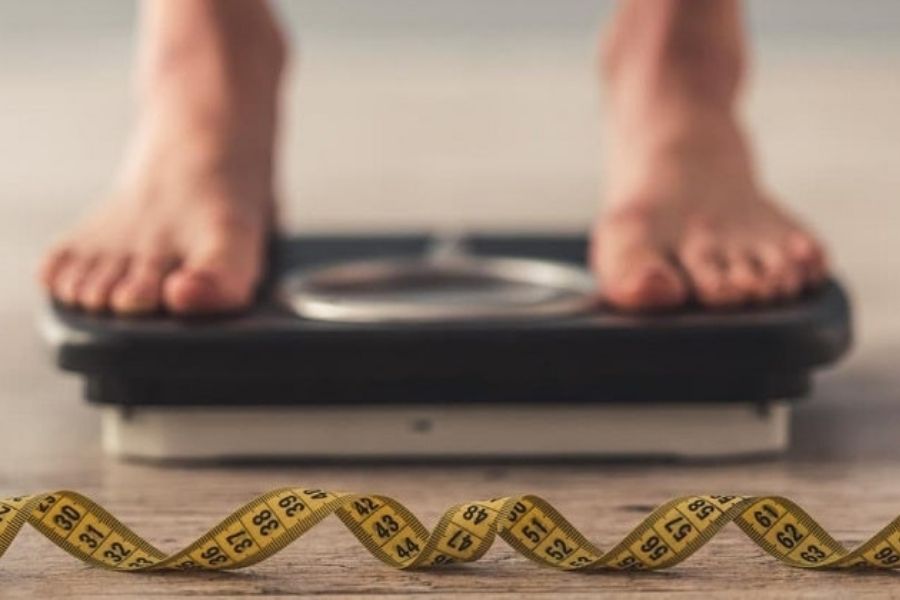
Participating in excessive exercises despite low weight.

Persistent behavior even after suffering from various negative health factors.
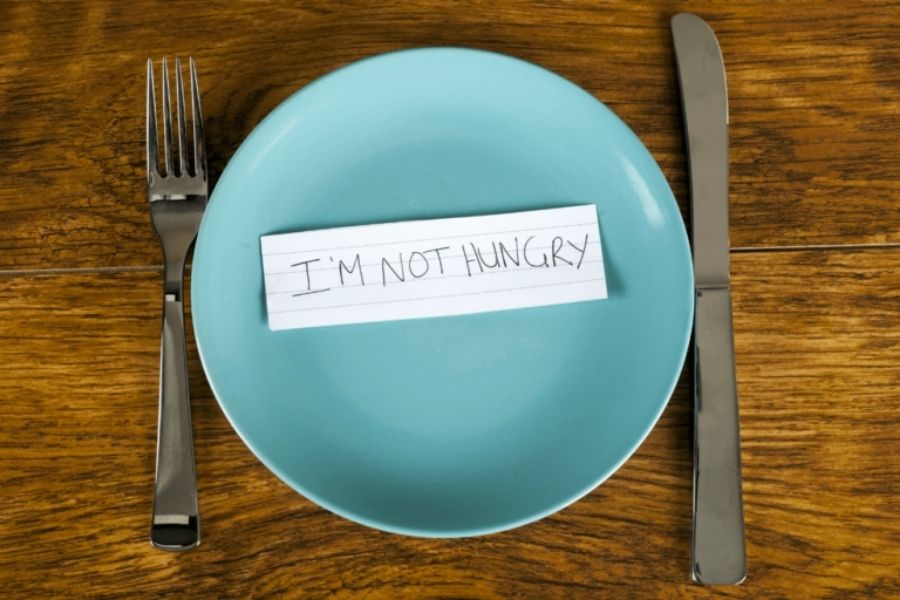
Medical Complications
OCD (Obsessive-Compulsive Disorder/Feature)

Severely Low Body Weight

Lacking Growth and Development with Time
Amenorrhea (Menstrual irregularity)

Hormonal imbalance

Patient can be suffering from depression, anxiety, insomnia etc.

Heart Palpitations and Failure

Bulimia Nervosa

This includes a cycle of binge eating. It is followed by purging to undo or compensate the effects of the binge eating.
Symptoms
Patient is either of normal weight or overweight.

Regular over eating due to loss of control.

Intake of large amounts of food which is followed by purging.

The patient suffers from low self-esteem due to disturbed experiences of their body weight and shape.
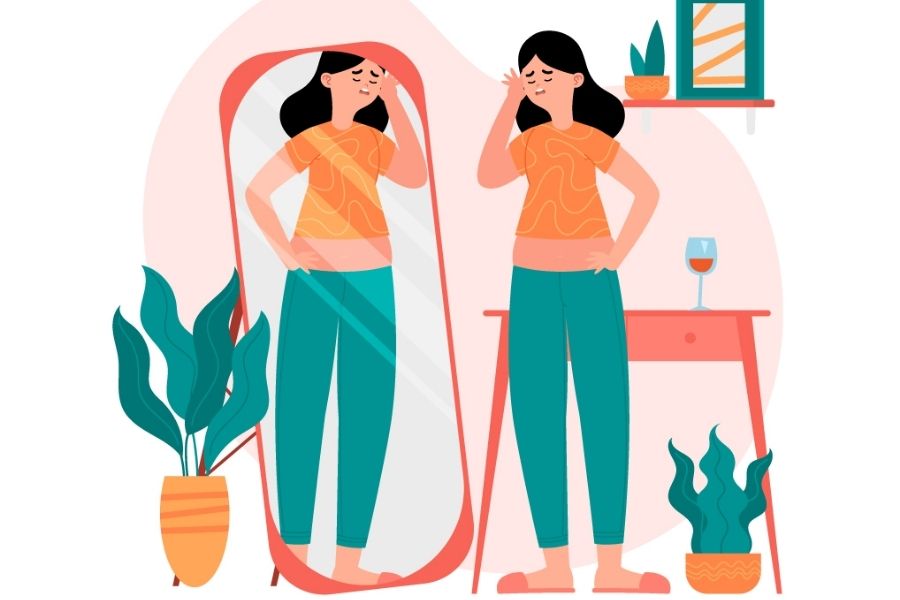
Medical Complications
Elevated Suicide Risk

Infertility

Diminished Gag Reflex also resulting in Difficulty in Swallowing

Chronic Dehydration

Abnormal Heart Rate
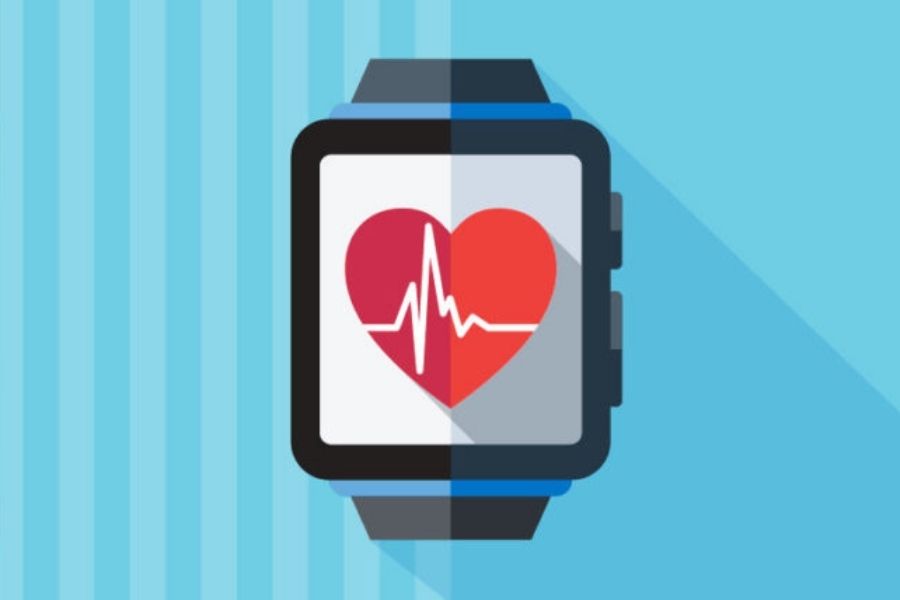
Amenorrhea (Menstrual Irregularity)
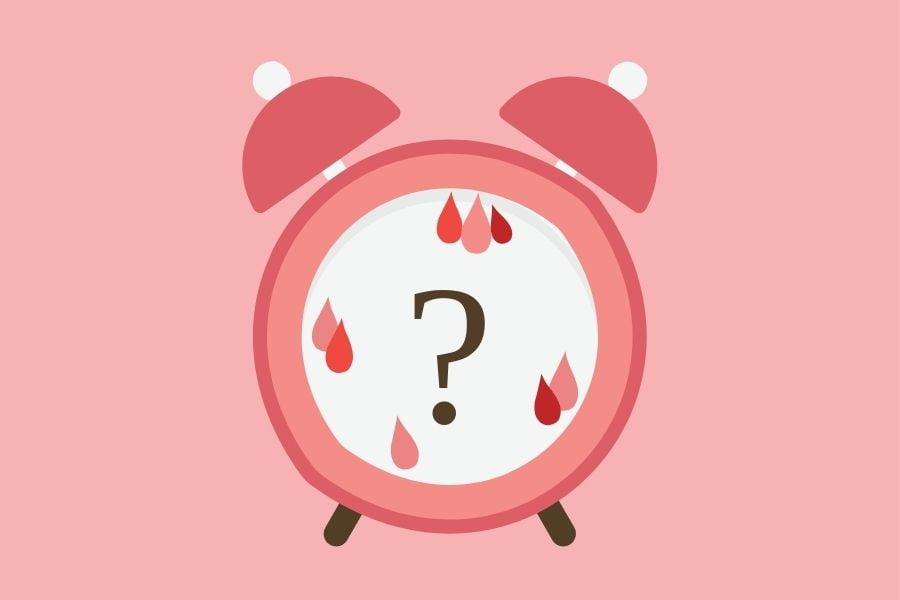
Pancreatitis
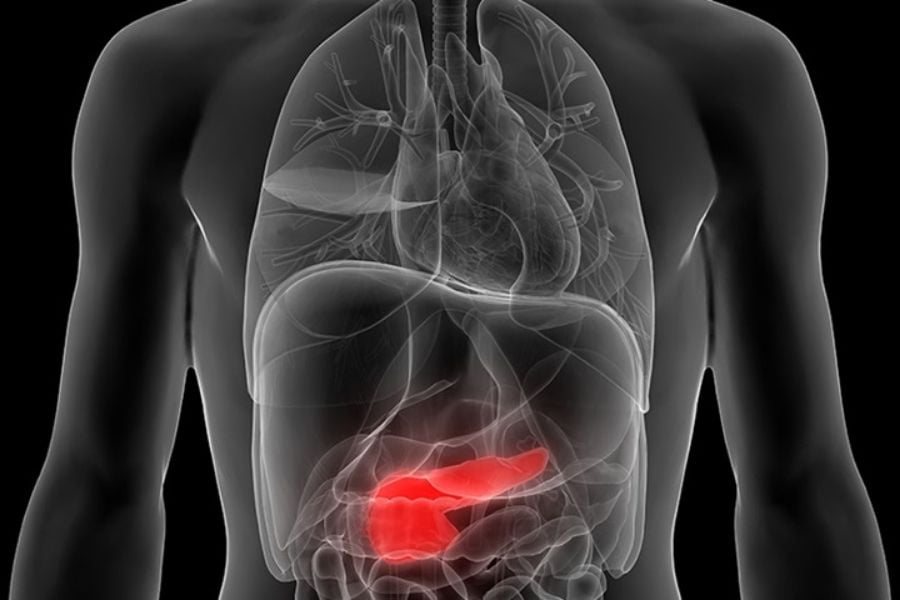
Binge Eating

Characterized by recurrent binge eating without any restrictions or inappropriate weight control behaviors.
Symptoms
Marked distress regarding binge eating behaviors

Episodes occurring frequently every week but not associated with recurrent use of inappropriate behaviors such as those presented in bulimia nervosa.
Intake of large amounts of food followed by regret and loss of control over the habit.

Eating even when you’re not feeling physically hungry leading to feeling disgusted by oneself and a sense of guilt.

Medical Complications
Weight Gain or Obesity
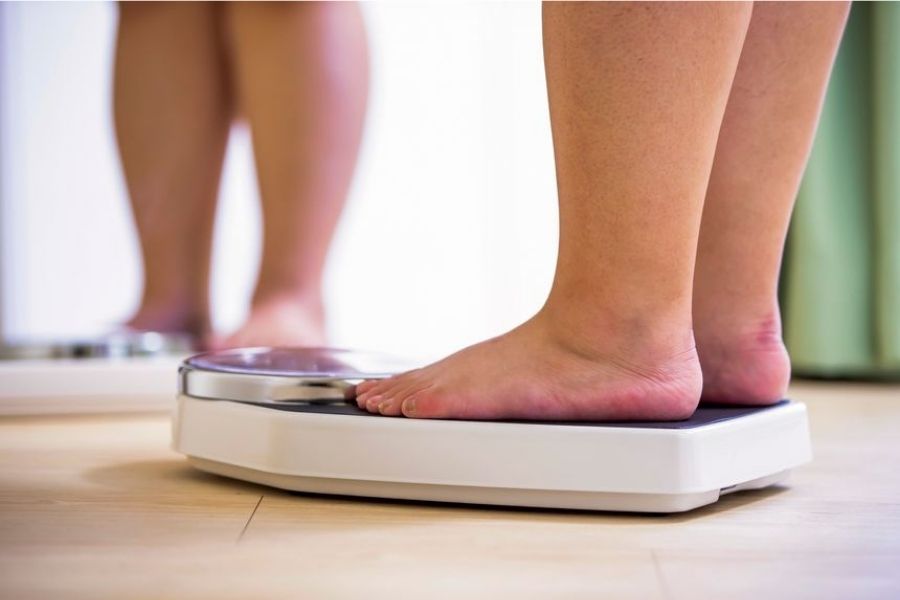
High Blood Pressure and Cholesterol Level
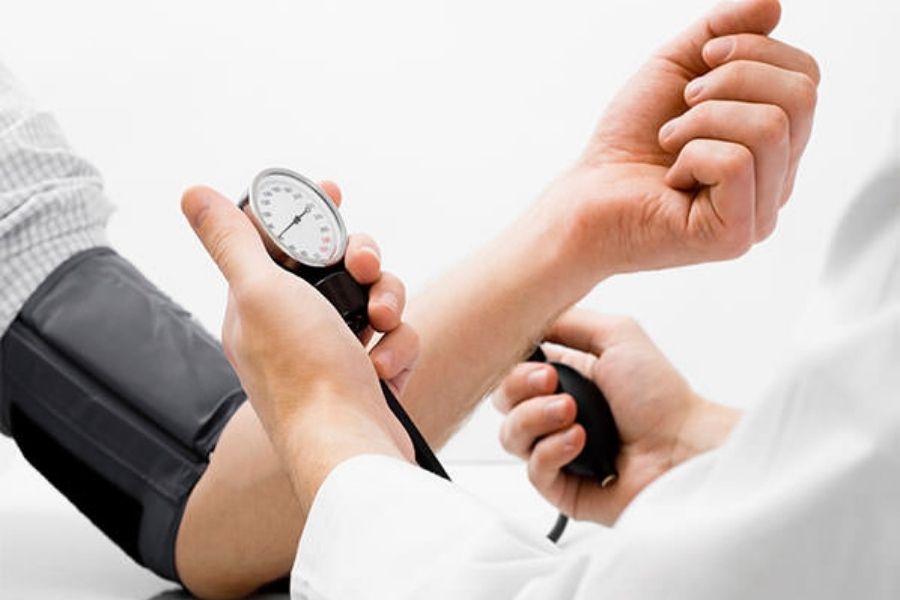
Cardiac Diseases
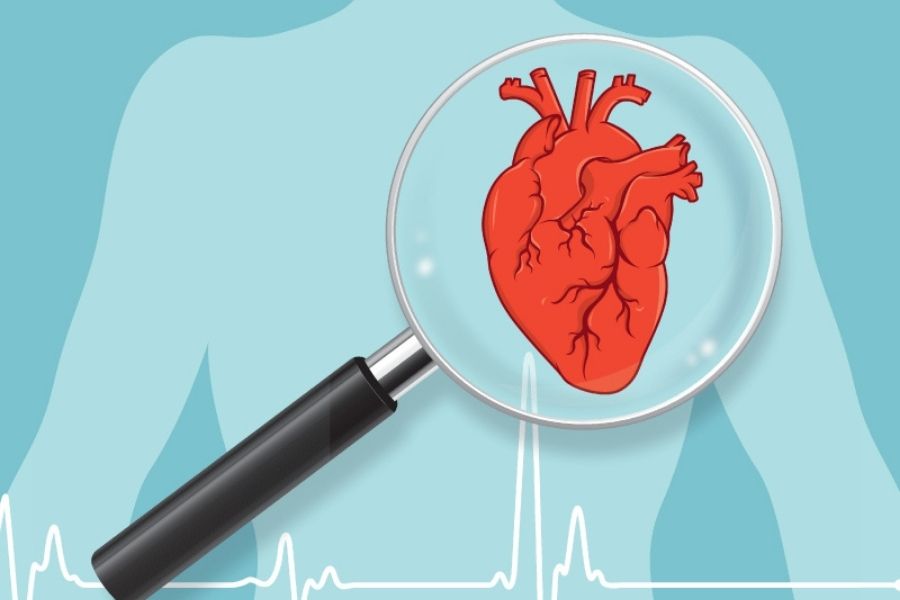
Diabetes
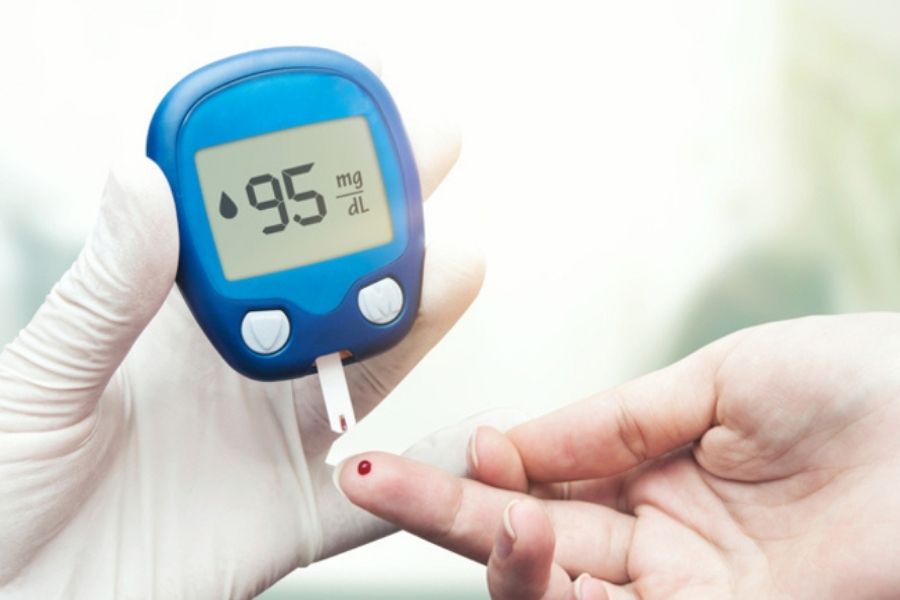
Treatment
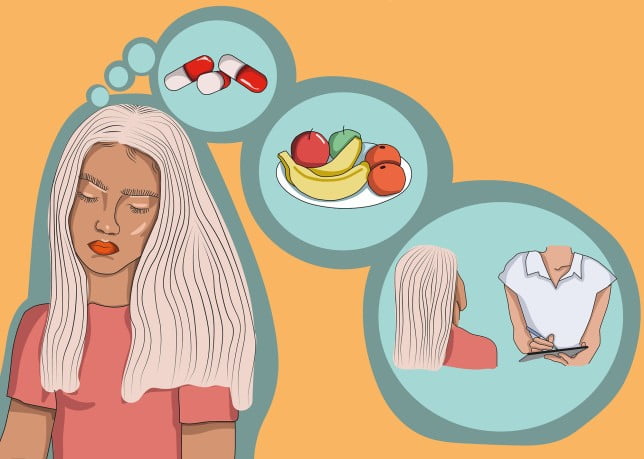
The Eating Disorders can be treated through psychological help. Patients should go into therapy to see a gradual shift from unhealthy eating habits to the healthy ones. Increasing the potency and implementation of psychological treatments has a strong potential to treat these patients.
The first few important steps that are required from an individual before taking professional help is to accept themselves and love how their body looks and functions for them.
This may seem a lot to tackle but it is important to know that you are not alone in this journey. With the right support and guidance one can easily recover from any of the disorders, regain their health and bring joy to every bite of food they take.







